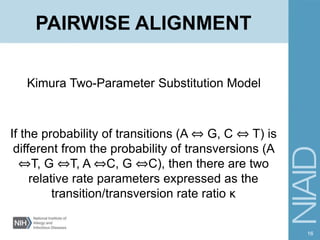

Earlier studies have suggested that the accumulation of these nucleosides is the main culprit for the development of the molecular and phenotypic aberrations reported in this disorder. Impairment in this enzyme with resultant decreased enzyme activity leads to accumulation of the enzyme’s substrates, thymidine and deoxyuridine, which in turn leads to an imbalance in the intra-mitochondrial nucleotide pool and multiple deletions, point-specific mutations and depletions in mitochondrial DNA (mtDNA). Mitochondrial neurogastroinstestinal encephalomyopathy (MNGIE – OMIM# 603041) is a rare multisystem autosomal recessive disorder caused by homozygous or compound heterozygous mutations in the nuclear-encoded thymidine phosphorylase gene ( TYMP 131,222) on chromosome 22q13, the first gene whose role was defined at molecular level in the defects of intergenomic communication. This novel pathogenic variant would help us establish future genotype-phenotype correlations and identify different pathways related to this disorder. The detected new nonsense mutation in the TYMP gene would be very important for genetic counseling and subsequent early diagnosis and initiation of proper therapy. Multiple sequence alignment showed high conservation of amino acids of this protein across different species. Sanger sequencing confirmed the new mutation in the proband. Subsequent genetic studies revealed a novel, private, homozygous nonsense mutation in TYMP gene (c. The clinical and para-clinical findings were in favor of mitochondrial neurogastrointestinal encephalomyopathy syndrome. The patient was a 25-year-old female referred to our center with the chief complaint of severe abdominal pain and diarrhea for 2 years that had worsened from 2 months prior to admission.

The objective of this study was to investigate the underlying genetic abnormalities in a 25-year-old woman affected with MNGIE. Up to date, more than 80 pathogenic and likely pathogenic mutations associated with the disease have been reported in patients from a wide range of ethnicities. MNGIE mainly presents with gastrointestinal symptoms and is mostly misdiagnosed in many patients as malabsorption syndrome, inflammatory bowel disease, anorexia nervosa, and intestinal pseudo-obstruction. Mitochondrial neurogastrointestinal encephalomyopathy (MNGIE) is a rare autosomal recessive disorder caused by mutations in TYMP gene, encoding nuclear thymidine phosphorylase (TP).


 0 kommentar(er)
0 kommentar(er)
